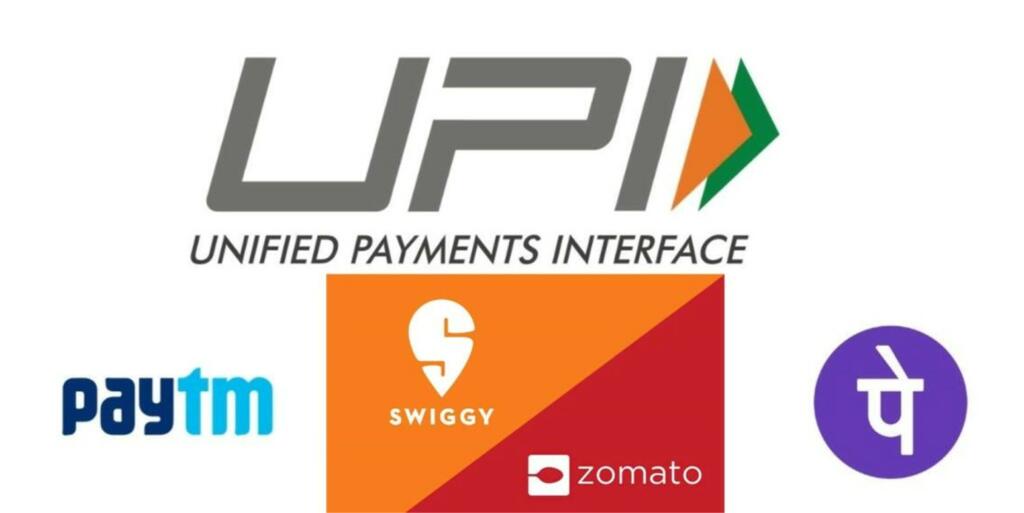One of the most intriguing features of the free market is that it makes way for dominance by a few players. In the name of fair competition, players with big money end up taking the major chunk of the market. Google Pay and PhonePe did the same in India’s flagship UPI. It is now time to take cognisance of their duopoly.
UPI has a duopoly problem
While the Unified Payment interface is grabbing global headlines and through them expanding its footprints, it is currently facing a problem unique to India. The problem is that of hurdles for new companies to enter the segment. What is more worrying is that the problem is not regulatory in nature. In fact, it has its origin in the way in which the market of UPI is currently structured.
At the current juncture of time, more than 80 per cent of UPI transactions take place only through two companies named Google Pay and PhonePe. In August 2022, PhonePe was the dominant player with 48 per cent market share amounting to 3.14 billion transactions. With 2.2 billion transactions accounting for 34 per cent of the market, Google Pay was the second biggest player.
5 years of dominance in UPI
The hegemony by both these players is hardly news for anyone even remotely aware of the nitty-gritty of the sector. But the situation was not always the same. At the beginning of FY17, the UPI transaction market was evenly poised. All top players in the segment had 9-10 per cent of market share. But in the second quarter, the two top companies were able to bag 15 per cent of the market share.
Soon, the domino effect kicked in, which never really stopped. By the end of FY21, both players ended up occupying 80 per cent of the market share with the top player occupying 45 per cent while the second one getting 35 per cent. Within 3 quarters, 45 per cent increased to 61, which later came down to 40 per cent. Despite a disproportionate increase in the numbers of UPI users and total transactions, the situation has not changed. It is true that their individual percentages have fluctuated, but duopoly has continued.
NPCI has a way
The issues came to the attention of the members of parliaments as well. Reports of multiple MPs expressing their concerns have emerged. Their apprehension about duopoly has been exacerbated by the fact that both of these companies are of foreign origin. While Google Pay is ultimately owned by Alphabet Inc., PhonePe is owned by another American giant, Walmart.
In March 2021, National Payments Corporation of India (NPCI) came out with a proposal regarding standard operating procedures of UPI apps. NPCI has found a way out. In the wake of rapid expansion, it proposed that no player in the UPI sector should be allowed to capture more than 30 per cent. Somehow, the noble idea got buried under the proverbial bureaucratic red carpet. NPCI dedicated January 2023 as a deadline date to implement its mandate.
Duopolists are against the cap
However, even that time does not seem to be sufficient enough for these players to comply with regulations. One of the dominant players, PhonePe, has asked to extend the deadline by 3 more years to January 2026. A report by Economic Times states that Google Pay has also held consultations with NPCI. However, the indirect lobbying by these companies is killing competition and hampering the growth of UPI as an even payment platform.
Swiggy and Zomato are some other small players trying to get a foothold in the segment, but they are just not able to find their niche, thanks to duopoly. Moreover, those already in the space such as Amazon Pay, Paytm Payment Bank, and many others are finding it tough to increase their market share. Even after giving discounts and offers they are witnessing minimal increase in their share, which apparently means that the toy is costing more than the child.
Also Read: No charges on UPI – Government makes its stand clear
All round adaptability is required
NPCI is aware of the problem and does not look in a mood to succumb to pressure. It is informing government and industry stakeholders with respect to implications of delaying the implementation of the cap. But the problem with government’s interference is that it may impact investor’s sentiments regarding India being a fair market for the companies.
At the end of the day, it all boils down to one thing, which is about consumer’s adaptability. There is not much difference between the quality of services these provide. It is time for people to give chances to other companies as well. With the penetration of mobile phones to the hinterlands, these companies also need to look towards emerging markets. Only blaming established ones will not bring change. It in fact never does.
Support TFI:
Support us to strengthen the ‘Right’ ideology of cultural nationalism by purchasing the best quality garments from TFI-STORE.COM.
